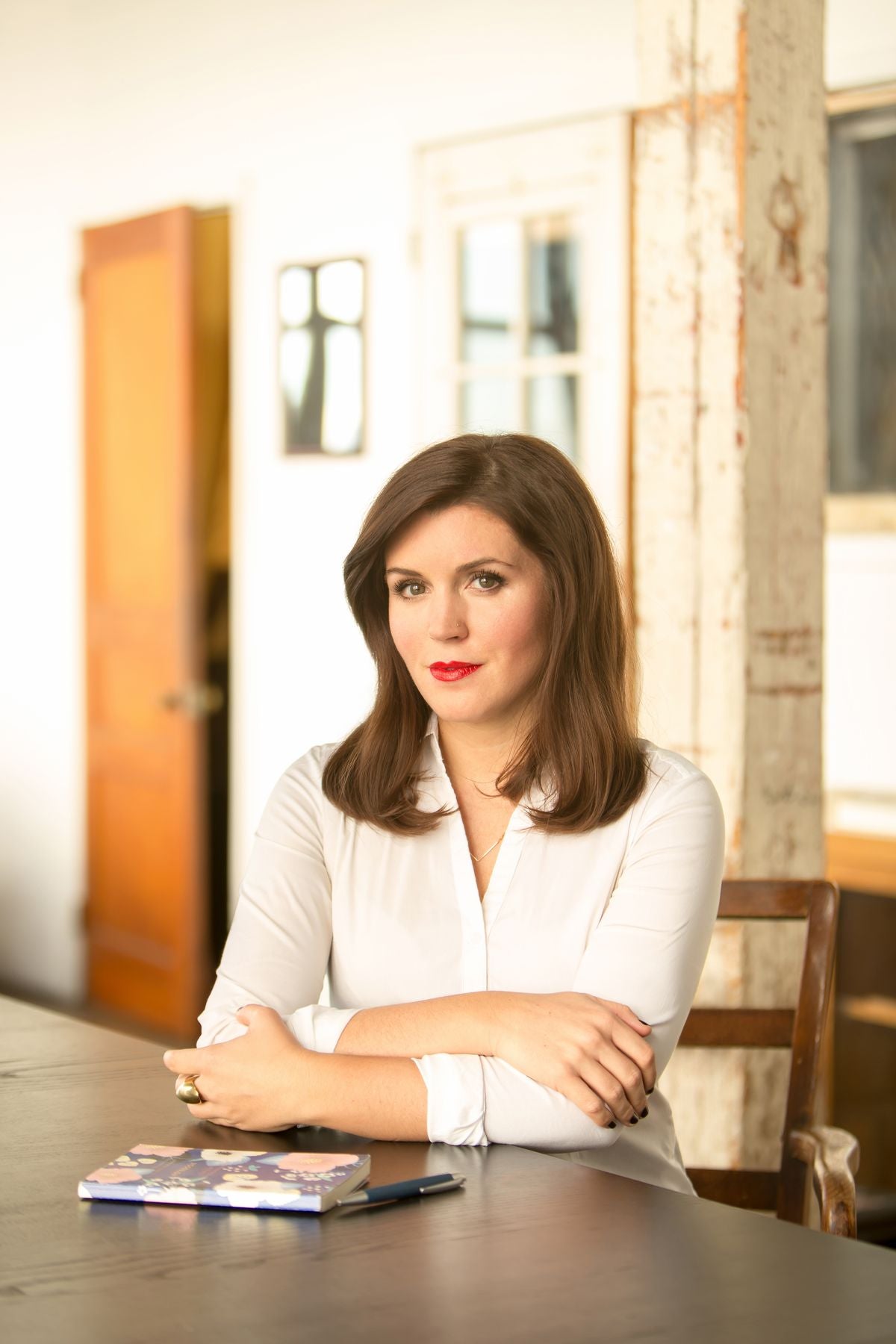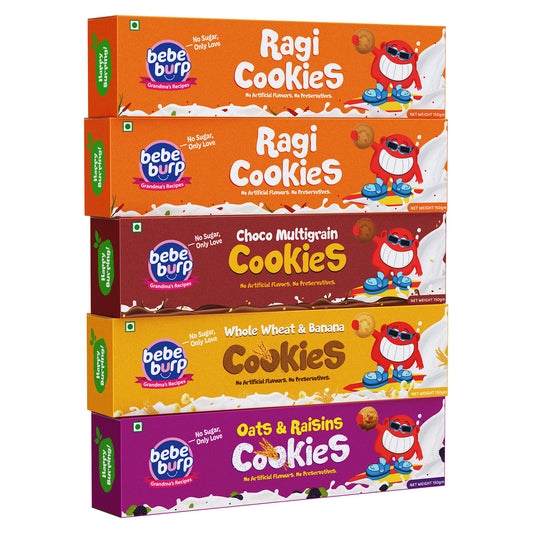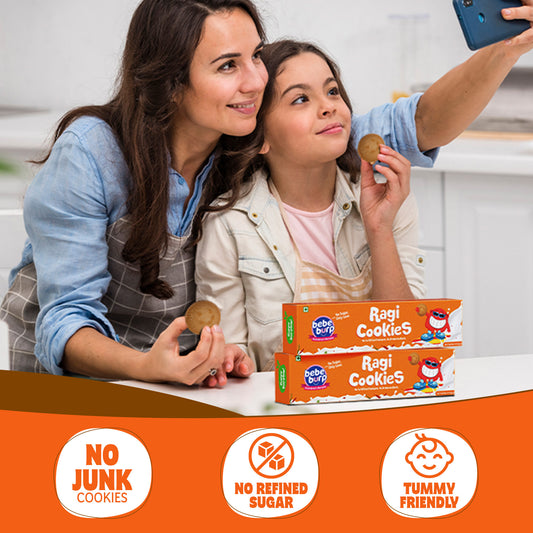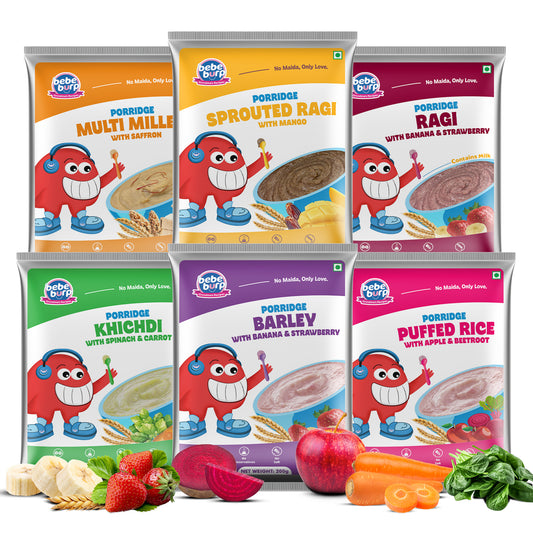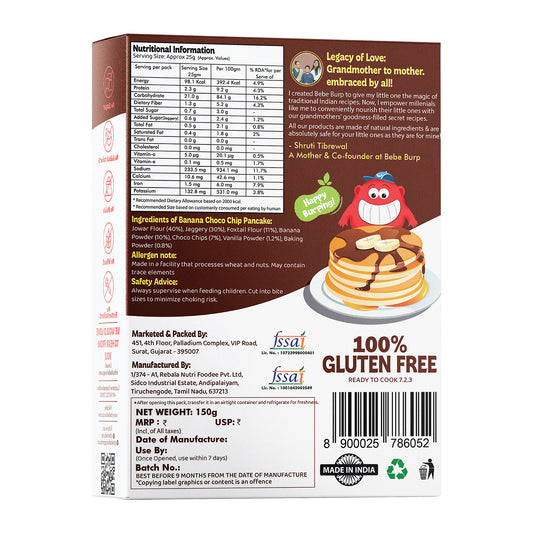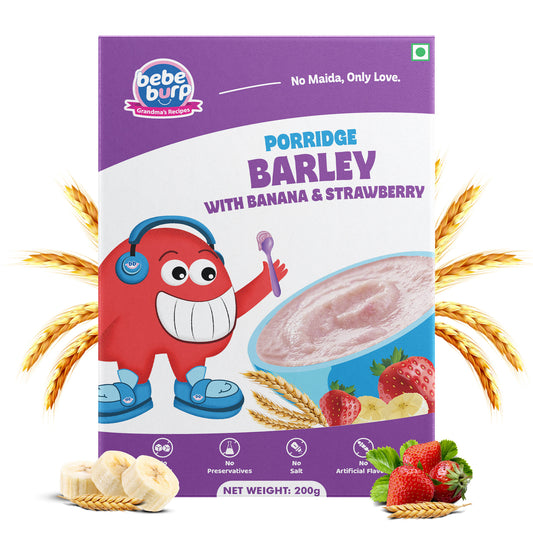The physiological phenomenon called 'spitting up' is common in infants. Babies spit up small portions of food after eating. The baby's stomach is remarkably small at birth.
Undoubtedly, it is still adapting to hold milk. In this way, it may push out some of the milk inside it. According to the guidelines for the myelination and feeding process, babies can drink milk rapidly; however, this carries the risk of swallowing a large amount of air, which necessitates expelling some of it.
This is usually seen in babies who prefer to lie down immediately after feeding.
Most importantly, you can put your baby in a sitting position after feeding, provide smaller meals more frequently, and gently burp them.
Don't worry - most babies grow out of this habit by the age of 1 year.
Understanding Baby Spit-Up
Spit-up is when milk comes out of the baby's mouth after a feed. It is different from vomiting in that it does not harm the baby.
In most cases, it is a sign that the baby is fine. It is quite common with babies and is usually nothing to worry about.
Most babies experience this problem. As a child grows, things improve, and the body matures and learns to manage food better.
It also means that some children are bound to face challenges in the initial phases of their lives.
What is Baby Spit-Up?
Spitting up is when a baby spits up a little bit of milk after a feed. This is not the same as vomiting. Vomiting is forceful, while spitting up just "flows out." Most babies do this sometimes - especially in the first few months.
Spit-up is a gentler sip form of vomiting when babies drink milk. It could happen when a baby has too much food or drink and then engages in some activity that requires him to move his body.
This is the same feeling as being in pain or being terrified, and for infants, this means growing pain.
As a family, infants have so much on their plates to deal with and manage, but this is simply easy for them.
Common Concerns About Spit-Up
Why Do Babies Spit Up So Much?
Due to the underdeveloped digestive system and small stomach size of infants, their tummies take some time to develop a systematic structure.
In cases where a baby is being overfed or swallowing excess air during feeding, regurgitation is quite common.
Why Do Babies Spit Up After Breastfeeding?
Breastfeeding infants can also over-suckle, which may lead to not being properly burped.
The swallowed air will then work like a hydraulic system to push excess milk out from the tummy, resulting in spit-up
Why Does My Baby Spit Up Curdled Milk?
When milk is blended with stomach acid, that results in curdled milk. If milk is ejected some time after feeding, it is normal for it to appear chunky or curdled.
How to Help Reduce Baby Spit-Up
Spit-up is a common issue amongst infants, however, there are simple methods to lessen its frequency.
The aim is to maintain your baby's comfort and assist the infant’s digestive system in retaining the milk. With slight adjustments during and after feeding, you can notice significant improvements.
5 Tips to Reduce Your Baby’s Spit-Up
- To feed your infant, Maintain an upright position – Hold the infant seated during and for 20–30 minutes post feeding.
- Burp your infant regularly – Burp during and post feeding to help release trapped air.
- Avoid overfeeding – Instead provide smaller quantities but increase the frequency.
- Remain calm and quiet after meals – Do not engage in bouncing or tummy time immediately after meals.
- Examine the bottle nipple size – A slow-flow nipple will help if using a bottle as it will not allow too much milk too quickly.
Causes of Baby Spit-Up
Why Is My Baby Spitting Up Milk?
Most of the time, it’s either too much milk or air being swallowed. But it could also be due to reflux, where the food tube (esophagus) hasn’t matured fully.
Why Is Baby Spitting Up Too Much?
About not gaining weight or vomiting, visit the doctor and discuss these symptoms. Other than that, frequent episodes of vomits can still be considered normal for some infants.
Why Baby Spitting Up Saliva Bubbles?
This happens during the teething stage since they might be drooling more than usual. Their saliva mixes with tiny bits of milk and may look like bubbles. Not usually a problem!
Managing Baby Spit-Up
Spit-up is an all-too-frequent occurrence, and out of the cries, parents need to be calm, gentle, and most importantly, compassionate, which comes naturally.
Babies tend to face this problem until they gain an adequate amount of strength in their muscles. For now, though, there are a few tweaks that can revolutionize the task.
How to Avoid Baby Spit-Up?
Spit-up may be a challenge, but with the right mentality, issues can be resolved in a second.
- Keep tummy or legs cool with loose fitting clothes
- Do not lie the baby down immediately right after a meal
- Keep upright position for some time after feeding
- Calm and slow nursing
- Burp during and after feed
These sharp adjustments however small they may sound actually turn out to greatly assist the problem.
If Baby Spits Up, Should I Feed Again?
If a small amount of spit-up occurs but the child remains content, there is no need to feed too soon after. In most scenarios their tummy will still be full.
On the other hand, should they desire to be fed, a small sip can be offered but in a paced manner while closely monitoring their response throughout. Always slow and gentle, and never enforced.
Conclusion
Spit-up is one of the worries of a baby's development. Although messy and worrisome as it seems, it is unlikely to mean anything bad health-wise.
Most toddlers usually spit up on their first few months as they get used to their diets. With right care including being gentle, burping, and feeding in an upright function, the difficulty can be handled.
Also remember that many babies will outgrow the necessity of spitting up sooner or later.
Key Takeaways on Baby Spit-Up
- Spit-up is common and usually harmless
- It isn’t vomiting—spit-up is less aggressive
- More frequent with a full baby, active movements, and air swallowing
- Baby’s upright, slow feeding improves situation
- Most infants outgrow the habit
FAQs
Q: Is spit-up painful for my baby?
Ans: Usually not. Most children do not even notice it.
Q: When should I worry about spitting up?
Ans: If your child does not increase the weight, you vomit sharply or give a lot of excitement, talk to your doctor.
Q: Can I do anything to prevent spit-up completely?
Ans: Not always, but you can reduce it with the tips mentioned above.
Q: Spitting all the kids?
Ans: Do the most! Some more than others. It is usually part of growing up.


